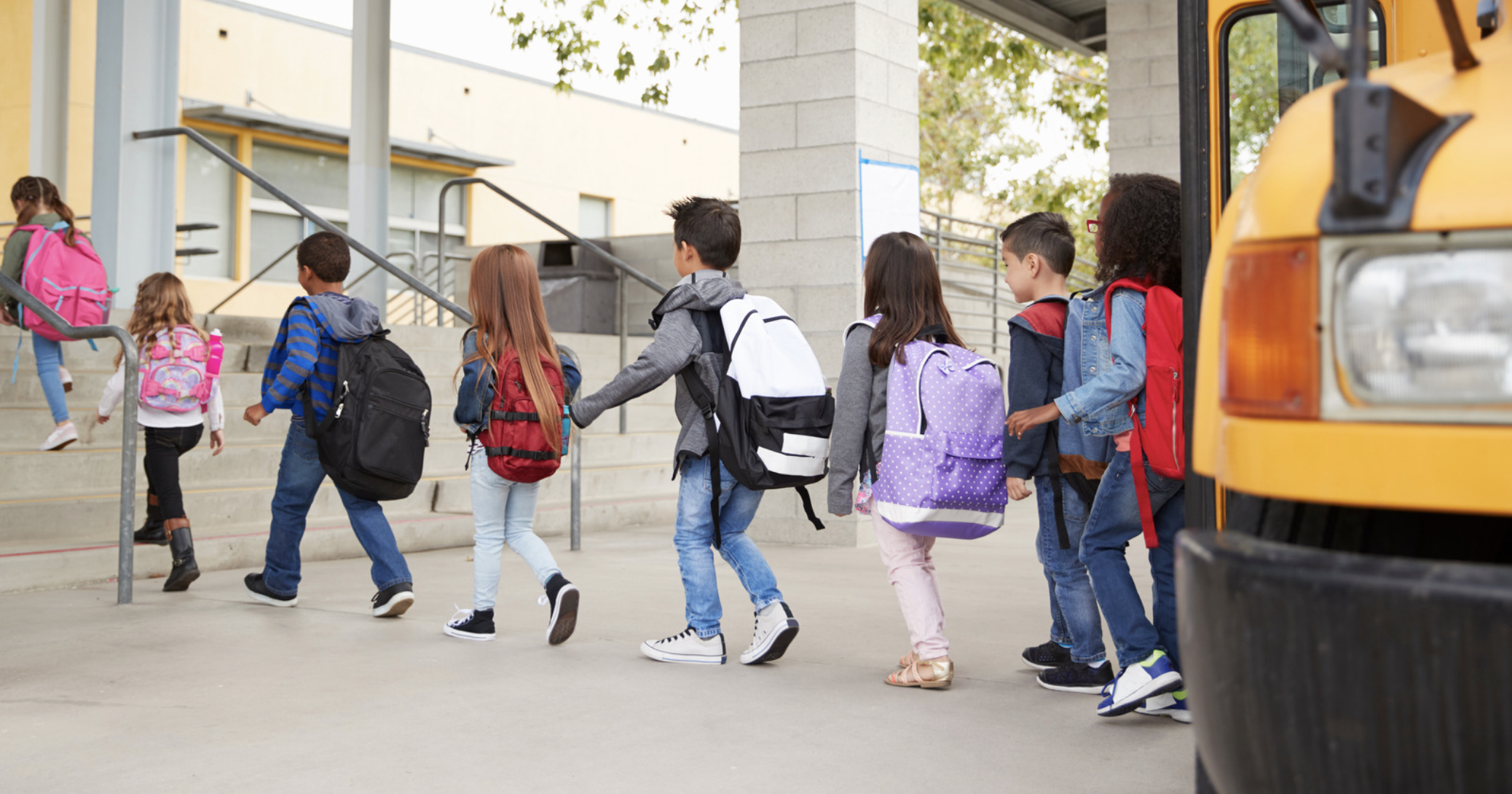The Centers for Disease Control and Prevention (CDC) now recommends vaccination against COVID-19 for everyone 6 months and older. Much of the focus in recent weeks has been on getting the youngest children vaccinated. But as families prepare to head back to school, many parents may be wondering if it is time to get their older children, who have been eligible for vaccination since last year, boosted.
While the two-shot vaccine regimen provides protection against severe illness, boosters can further enhance or restore protection that might have decreased over time after the primary series vaccination, according to the CDC. That’s why, in May, the CDC recommended that 5- to 11-year-old children who received the Pfizer-BioNTech vaccine get a booster shot if it has been more than 5 months since their two-shot coronavirus vaccine series.
“Vaccination with a primary series among this age group has lagged behind other age groups, leaving them vulnerable to serious illness,” said CDC Director Rochelle Walensky, M.D., at the time. “With over 18 million doses administered in this age group, we know that these vaccines are safe, and we must continue to increase the number of children who are protected. I encourage parents to keep their children up to date with CDC’s COVID-19 vaccine recommendations.”
A serious concern for children
According to the American Academy of Pediatrics (AAP), COVID-19 “has had a significant impact on children’s health.” The AAP and Children's Hospital Association (CHA) have been compiling cumulative data on the virus and its impact on children since the beginning of the pandemic. As of the middle of July 2022, 13,911,565 COVID-19 cases had been reported among children, and children represented 18.6% of all cases nationwide. While COVID-19 is usually mild in healthy young people, it can be dangerous in children with underlying health conditions such as asthma, diabetes or obesity. More than 42,000 children have been hospitalized and at least 1,240 children aged 18 and younger have died, according to AAP and CHA data.
Back to school means back to germs
Now, with the approaching school year, which will bring children together in large groups indoors, and with new variants such as the highly contagious BA.5 variant circulating, it is important eligible children have the fullest protection possible.
“The COVID numbers are really high right now,” said Kristina Deeter, M.D., Pediatrix® Medical Group specialty medical officer for pediatric critical care medicine, noting that many school districts also rolled back masking and testing requirements at the end of the last school year. “When school rolls around, all of these kids are going to be passing around mucus and viruses again, passing them to their teachers, bringing it home to mom and grandma. I think we’re going to see a surge, and I think a lot of kids with underlying conditions are going to be at risk.”
Vaccination not only helps lessen the severity of illness but reduces the risk of transmitting the coronavirus to others. It also reduces the risk of developing long COVID, which can have lasting health impacts.
To boost now or later?
The question Dr. Deeter hears most often regarding COVID-19 vaccination right now is: Do I boost my child now or wait for an updated booster calibrated to the BA.5 variant?
Without hesitation, she urged parents to boost now, noting that any updated booster will not be available until fall at the earliest for adults and will then take even longer to be approved for use in children.
“They're not even talking about a date for when a pediatric booster shot will be available; that includes the BA.5 variant,” Dr. Detter noted. “So, the best thing for kids, is to go ahead and get the full vaccine series, get them ready for school, get them in school, vaccinated. Then, even if they do get the BA.5 variant, it will hopefully be milder and they won't be hospitalized, and they'll have decreased risk of long COVID from it.”
Don’t forget flu season
Fall also means the return of flu season, and Dr. Deeter emphasized it is important not to skip the flu vaccine, noting that children can be infected with more than one virus at a time. It is safe to get both a flu and COVID-19 vaccine during the same appointment.
“You don't have to space them out,” Dr. Deeter said. “At the very start of the COVID vaccine, we weren't sure. So, we asked people to space them. Now we know that you can still mount an antibody response to both vaccines, even if you get them at the same time.
Talk to your health care provider
Dr. Deeter encouraged parents to consult their health care provider. “We need to make the right decisions for ourselves and our families,” she said. “You have to talk to your healthcare provider to help you make that decision. It’s not a one-stop shop for everybody. Some people shouldn't get the vaccine. There are definitely populations of kids that maybe should not get the vaccine and that really needs to be discussed with your health care provider, whether it’s a pediatrician, family practice clinician or a nurse practitioner that you see, you need to have a really good conversation with them as you make that decision for your child.”
